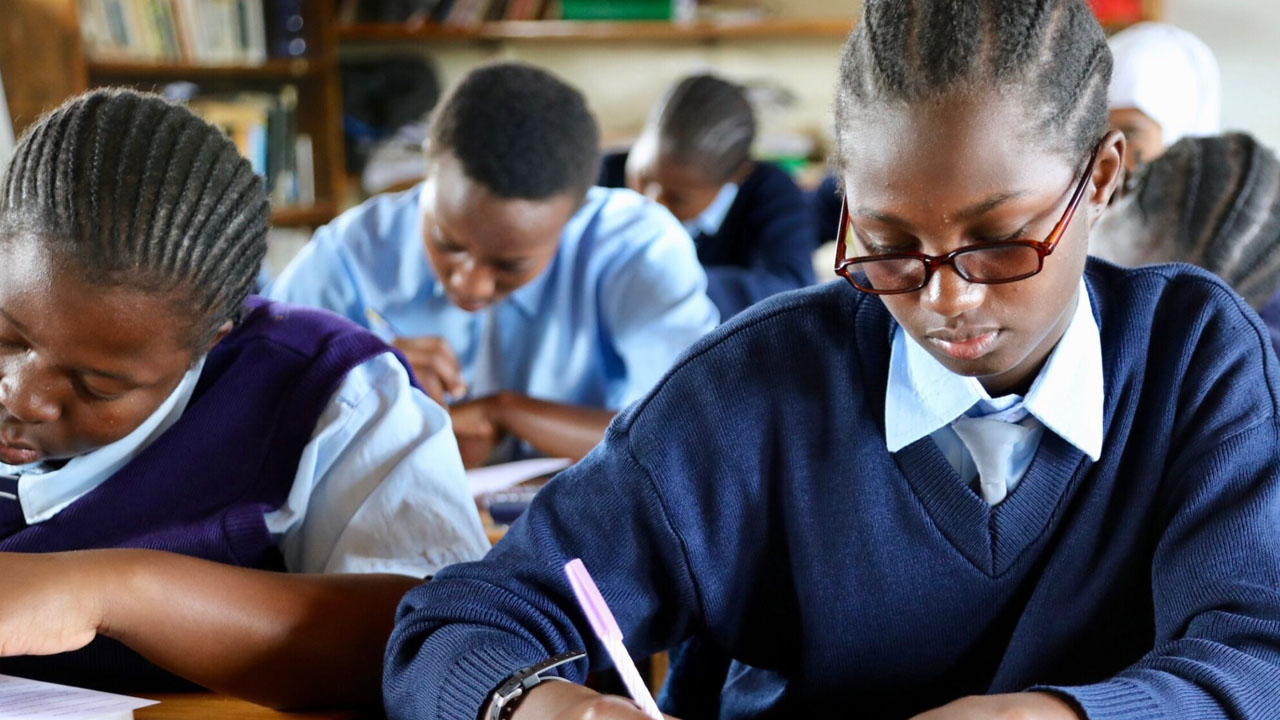September 3, 2025
In a landmark move aimed at transforming Nigeria’s educational landscape, the Federal Government has unveiled a comprehensive overhaul of the national curriculum, reducing subject overload and prioritising skill acquisition and global competitiveness.
This strategic policy shift was announced in Abuja by the Honourable Minister of Education, Dr. Maruf Tunji Alausa, CON, in conjunction with the Minister of State for Education, Professor Suwaiba Sa’id Ahmad. Speaking at a joint press briefing, the Ministers revealed that the reform is part of a broader effort to realign the nation’s education system with global best practices while easing the academic burden on students.
According to the Ministry, the curriculum redesign followed extensive consultations with key stakeholders, including the Nigerian Educational Research and Development Council (NERDC), WAEC, NECO, NABTEB, and NCCE, among others. The reforms, which will take effect from the 2025/2026 academic session, are targeted at enhancing the quality and relevance of education at all levels.
Under the revised structure, the number of subjects taught across primary and secondary levels will be reduced significantly. Pupils in Primary 1 to 3 will now offer between 9 and 10 subjects, compared to the previous 13 to 15. Those in Primary 4 to 6 will study between 10 and 12 subjects, down from 15 to 17. Junior Secondary School (JSS 1–3) will now accommodate 12 to 14 subjects, reduced from 15 to 18, while Senior Secondary School (SSS 1–3) will be streamlined to just 8–9 subjects, a significant cut from the previous 15 to 20.
Technical students, who were previously grappling with over 18 subjects, will now have a more focused workload of 9 to 11 subjects. This move is expected to improve learning outcomes, reduce teacher fatigue, and channel educational resources toward competency-based instruction.
The Ministry also revealed the introduction of a new subject, Citizenship and Heritage Studies, at the senior secondary level, which will consolidate topics from Nigerian History, Civic Education, and Social Studies. Meanwhile, Nigerian History has been restored as a compulsory subject from Primary 1 through JSS 3.
One of the most notable changes is the restructuring of trade and vocational subjects. The number of trade subjects in non-technical schools has been trimmed from over 30 to just six key practical areas, namely:
Solar Photovoltaic Installation and Maintenance
Fashion Design and Garment Making
Livestock Farming
Beauty and Cosmetology
Computer Hardware and GSM Repairs
Horticulture and Crop Production
These subjects are tailored to enhance students’ employability and entrepreneurial capacity. For technical colleges, the National Business and Technical Examinations Board (NABTEB) will now administer 28 revamped trade subjects. Examination bodies like WAEC and NECO have also adjusted their assessment models to reflect the new curriculum’s streamlined focus on core subjects and vocational relevance.
The Minister, Dr. Alausa, noted that the reforms were designed not just to lighten academic loads but also to ensure that learning becomes more meaningful and practical. “This new curriculum allows our children to learn with greater focus, while teachers will benefit from a simplified structure that enhances instructional delivery,” he said.
He added that the reforms were also critical in realising the Federal Government’s broader objective of repositioning the education sector as a catalyst for national development. “We are building an education system that equips Nigerian students with 21st-century skills, knowledge, and values needed to thrive in a global economy,” Dr. Alausa emphasized.
In terms of language instruction, the Nigerian Language subject has been streamlined to include only three major languages—Hausa, Igbo, and Yoruba—and will be taught in regions where each is predominantly spoken.
The Ministry has pledged to provide schools, teachers, and learners with the necessary support to ensure a seamless transition to the revised curriculum. Detailed breakdowns of subjects by level have been made available, indicating a more learner-friendly and skill-centred educational pathway for Nigerian students.
This curriculum overhaul is not just a policy update; it is a bold statement of intent. It reaffirms Nigeria’s commitment to building a future-ready education system—one that reflects both national values and global realities.

